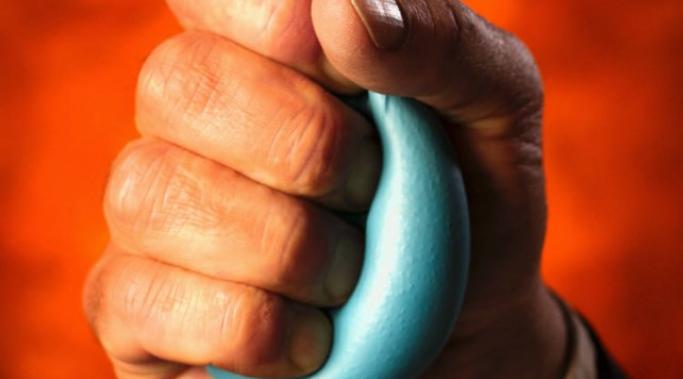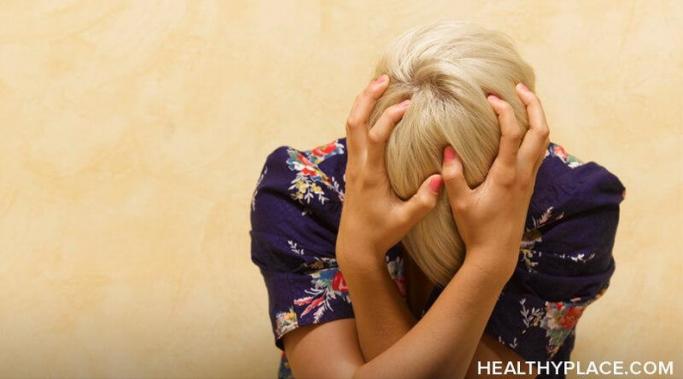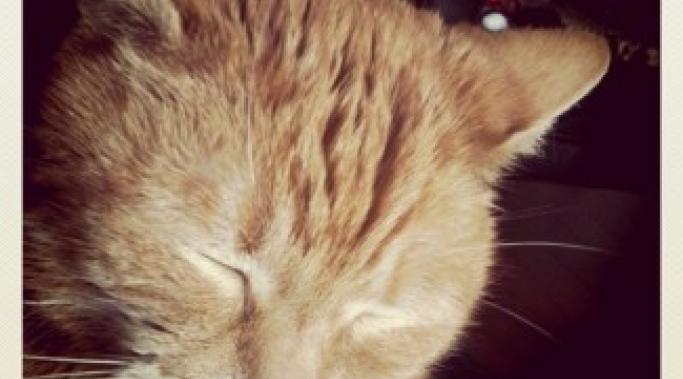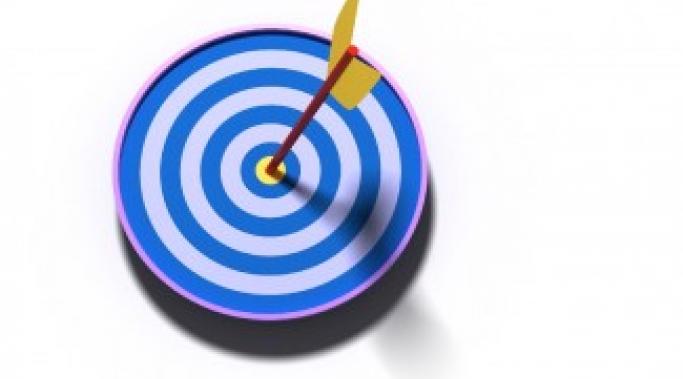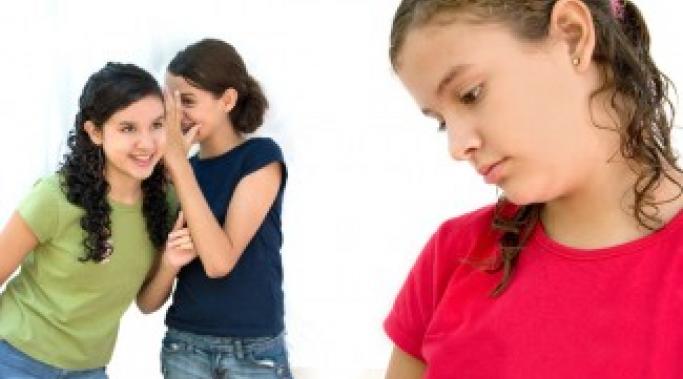Last week I was in Los Angeles accepting a fairly prestigious award called the Beatrice Stern Media award. It’s an Erasing the Stigma Leadership award given out by Didi Hirsch – a large mental health charity in LA. And while I was (and am) extremely honoured to be accepting such an award, I felt serious pressure when it came time for the acceptance speech. I just kept thinking about how if I didn’t do it well, they would think they would have made a mistake in giving it to me in the first place. The organization had done all the work of flying me down there and putting me up at the Beverly Hilton all to be disappointed with the results.
And the pressure is hard on my bipolar and my bipolar tends to make the pressure worse.
Breaking Bipolar
Today is the anniversary of the Boston Marathon bombings and there are many stories going around right now about the resilience and the success of the people who had to survive that experience. And that’s great. Spreading a positive mental health message through the media is something that I welcome considering it’s so often the negative that gets promoted.
But a reader of mine emailed me today and asked, “Aren't there any people who aren't doing well?”
I want to reassure this reader that absolutely, there are people hurting today – anniversaries can be very hard for people and some people are suffering today because of the tragic events of the Boston Marathon bombings.
There is a prolific (thoroughly annoying) commercial that talks about the physically painful symptoms of depression. It does this in order to sell you an antidepressant. And while I believe advertisers as much as I believe politicians, in this particular case, the advertisers have a point. Depression is physically painful. And severe depression can be severely physically painful. The Diagnostic and Statistical Manual of Mental Illness (DSM) doesn’t really take this into account but that doesn’t make it any less real.
Would it surprise you to know that I think there is a miracle medication in bipolar disorder? I’ve taken it. And yes, it was a miracle for me. I remember going from suicidal ever day of my life to wanting to do a life-affirming skydive.
The problem is, the “miracle” medication is different for each person.
According to Substance abuse and bipolar comorbidity, up to 50% of people with bipolar disorder also have a history of substance abuse or dependence, and some studies have found even higher numbers.1 So, half of us folks with bipolar disorder also battle an addiction to drugs (including alcohol). But why is that? Why are so many people with bipolar disorder addicted to drugs?
My cat is 16 years old; that is 80 years old in human years. And while he could still be with us for years to come (hopefully), kitties, like humans, don’t live forever.
And, quite frankly, when he goes, I’m going to lose it. Lose all my marbles – bipolar or otherwise. He’s been with me longer than any human. He’s who I’ve come to home to for a decade and a half. His daily rhythms synch with mine (or mine with his, you know, because he’s the boss). He means a whole lot to me.
So I’m preparing for his death. I don’t know when it will happen, but one day, he just isn’t going to wake up.
Today I went and fed the seals. I fed the wild seals – not those in captivity – the best kind. They’re semi-tame seals as people feed them fish from the docks every day. They clap, and spin in circles, and splash, and jump to get the little frozen fish we offer. Their spotted coats gleam in the sun. Even the huge nails on their back flippers seem innocuous because they seem just so glad to see you.
So, I knelt and fed the seals fish. And I giggled, smiled and screamed like a little girl when one soaked the left leg of my jeans (Why Animals May Help With Depression). I was encased in a bubble where just the seals, the frozen fish and I existed.
And I completely forgot that I was depressed.
One of the things you shouldn’t say to someone with bipolar depression is, “just look on the bright side.” This includes saying things like, “at least you’re not starving to death,” or, “there are many people worse off than you,” or, “just think positively.”
We would all thank you to stop saying these things.
But if you are suffering from bipolar depression, does looking on the bright side help or, indeed, matter at all?
Last night, I was on a bipolar discussion panel. People had a chance to write in questions and one of the questions we were asked was, "what is the best bipolar treatment."
“Oh, she’s so bipolar.”
You’ve probably heard someone say this about someone they don’t like. You’ve probably heard someone use the term “bipolar” as an insult. It’s sort of in from a pop culture standpoint.
And while I don’t believe in taking offense when someone uses a term like “crazy” in a non-hurtful way, I certainly do take offense when someone uses a genuine illness and slings it like mud.
And while I’m perfectly capable of understanding that the person who said it is simply ignorant and it should have no effect on me, the fact is, hearing your illness being used as an insult is hurtful and it is hurtful to your self-esteem.
